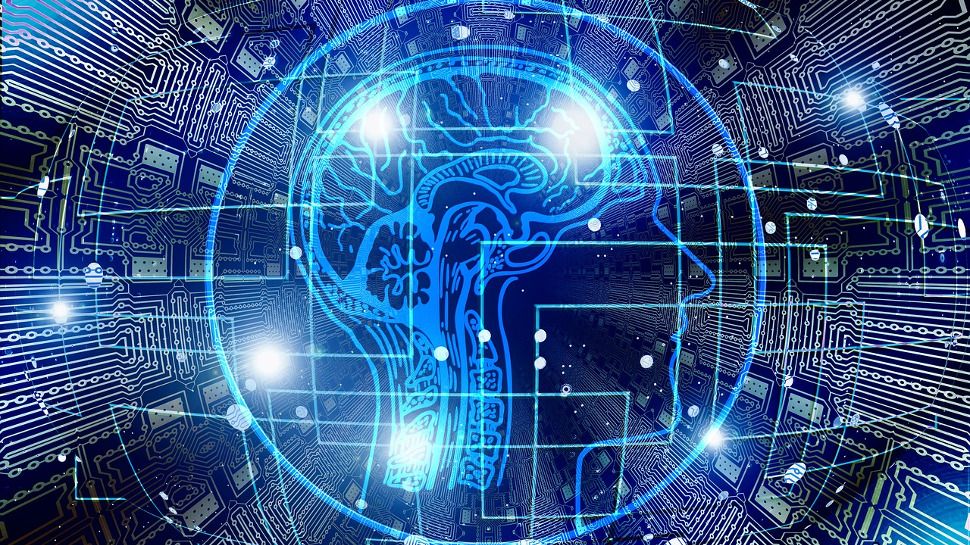The world of science is undergoing a profound transformation, driven by rapid advances in digitalization and artificial intelligence.
There was once a time when space observation and discoveries relied upon individuals or small, highly specialized academic teams; we are now entering an era where AI and data technologies play a central, collaborative role in how research is conducted.
You may like
Franck Marchis
Social Links Navigation
SETI Institute astronomer and Co-founder of Unistellar.
Meanwhile, digital platforms are unlocking access to vast, previously siloed datasets, while AI is enabling researchers to process and interpret them in real time.
In astronomy in particular, these technologies are already reshaping the scientific landscape, accelerating breakthroughs and democratizing participation in space science.
For organizations operating in data infrastructure, cloud services or scientific research this signals a shift towards a faster, more connected and more open research economy than ever before.
AI’s impact on real-time detection and data processing
Artificial intelligence is completely revolutionizing how we observe space. As telescopes like the Vera C. Rubin Observatory and missions like Euclid generate unprecedented volumes of data, AI is becoming indispensable.
Traditional methods simply can’t keep pace with the volume, complexity, and speed required to extract insights from this constant flow of information.
There are radio antennas that collect 100s of terabytes of data every night, in the past, researchers had to wait weeks to process a signal and determine its significance. Now, AI enables near-instantaneous analysis, dramatically speeding up the process.
Anomalies and celestial events that might indicate extra-terrestrial civilizations can be flagged and verified in real time. What once required a laboratory full of researchers over many days can now be accomplished by an AI model in real-time.
You may like
AI’s capabilities now extend well beyond detection. For example, it sharpens image resolution, enhances data quality, and digs deep into archival databases to uncover long-overlooked phenomena.
One recent student-led project using AI analyzed years of observational data and identified over 1.5 million new potential astronomical targets. The scale and scope of such discoveries would have been inconceivable just a few years ago.
This shift is also changing how astronomers work on a daily basis. With AI handling data-intensive tasks, human researchers can focus on formulating hypotheses, designing experiments, and interpreting results.
We’re moving from being coders and processors to becoming conductors and strategists. AI isn’t replacing scientists; it’s amplifying what they’re capable of achieving.
The future of AI-driven astronomy
In the future, AI’s influence on space observation will only deepen. The Vera C. Rubin Observatory, for example, will soon begin producing tens of thousands of alerts per night.
Each alert could represent a transient event such as a supernova, asteroid flyby, or a cosmic flare-up. AI systems will be essential to triaging this data deluge, identifying the most critical events, and prioritizing follow-up observations.
Another exciting frontier is the use of AI to simulate complex phenomena, such as the origins of life. Traditionally, this involved laborious trial-and-error experiments over the course of several years.
Today, AI can model and test thousands of scenarios simultaneously accelerating the pace of discovery and expanding what’s scientifically possible.
Imagine intelligent systems that not only observe and analyze the sky continuously, but also self-direct where to look next, or coordinate follow-ups across a global network of telescopes, all in real time. AI enables this kind of decision-making at scale.
For researchers, AI is becoming a collaborative partner by integrating an AI assistant into daily workflows. It’s not unlike how search engines revolutionized knowledge access in the early 2000s.
Some people feared losing libraries but gained a new frontier of discovery. AI is doing the same for science. It isn’t just a tool for productivity; it’s a core enabler of competitive advantage in scientific discovery.
Digitalization and democratization of data in astronomy
Perhaps most significantly, AI is transforming not just how science is done, but as algorithms become more accessible, astronomy is becoming democratized.
Students across the world can now access public telescope data and analyze it using a laptop, internet access and open-source AI tools.
They can discover comets, track asteroids, or analyze galaxy formations without ever visiting a lab or observatory.
However, data access remains a major challenge. While some datasets are public, many are housed on pay walled cloud services or charge per use.
This restricts innovation and limits participation, especially from under-resourced institutions and independent researchers.
To address this, new open-access platforms are emerging such as decentralized repositories designed to give scientists equitable access to large-scale datasets without prohibitive costs.
Such tools could fundamentally change how and where science happens.
The transformation happening in space observation isn’t about machines replacing humans. It’s about machines expanding human potential and scaling it.
With AI as a partner, we can process more data, develop deeper insights, and involve more people in the process of discovery from students, researchers, start-ups and partners around the globe.
Ultimately, this shift means we may get answers faster to some of the most profound questions humanity has ever asked including the search for life beyond Earth.
That’s what the future of astronomy looks like – faster, smarter, and more inclusive, powered by AI and shaped by digital innovation.
We’ve featured the best large language models (LLMs).
This article was produced as part of TechRadarPro’s Expert Insights channel where we feature the best and brightest minds in the technology industry today. The views expressed here are those of the author and are not necessarily those of TechRadarPro or Future plc. If you are interested in contributing find out more here: https://www.techradar.com/news/submit-your-story-to-techradar-pro

